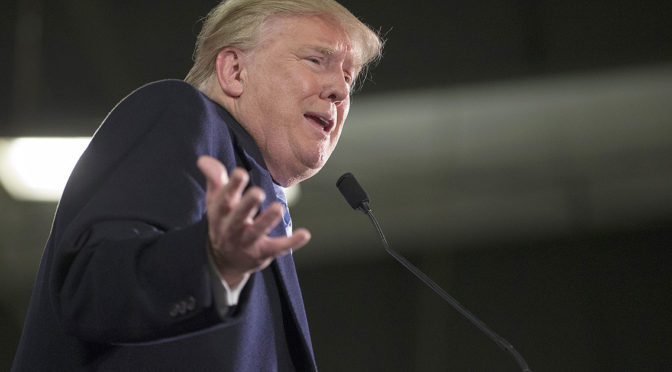This one is giving me fits and I’m likely to ask for some guidance on what to think about it.
A court in Germany has just sentenced a 94-year-old former SS guard to five years in prison for complicity in the atrocities that occurred at Auschwitz, the infamous Nazi death camp where many thousands of people were sent to their death.
Reinhold Hanning accepted the sentence apparently without emotion.
My questions are many:
Is the sentence long enough for a man nearing 100 years of age? Is it tantamount to life in prison? What has this man done with his life since the end of World War II? Would any contribution to society be enough to erase what he was accused of doing? Has he sought spiritual salvation for what he did?
“This trial is the very least that society can do to give… at least a semblance of justice, even 70 years after and even with a 94-year-old defendant,” chief judge Anke Grudda said.
“The entire complex Auschwitz was like a factory designed to kill people at an industrial level… You were one of those cogs” in the Nazi killing machine, she told the accused on convicting him as an accessory to murder in 170,000 cases.”
As the son of a World War II veteran who saw intense combat against Hitler’s war machine, I grew up believing that the men who carried out the madman’s orders bore a large measure of responsibility in the crimes against humanity they committed in Fuehrer’s name.
My hatred for Hitler over what he did in committing the atrocities hasn’t wavered.
I’m struggling, though, with the punishment being handed out so many decades later to those who were following orders. Did they understand fully — in the moment — that they were committing unspeakable atrocities?
Just seven years ago I had the honor of touring the Yad Vashem memorial and museum near Jerusalem, which chronicles the story of the Holocaust from its victims’ point of view. One cannot come away from seeing that exhibit without feeling the combined sense of horror and shame over what human beings are capable of doing to other human beings.
Therein lies the crux of my conflict.
I am inclined to believe the sentence was as just as one can expect, given the defendant’s age. I also am inclined to hope that his time in prison is made as miserable as is humanly possible. I know, of course, that the German prison system must not inflict on Hanning the same horrors he’s been convicted of inflicting on his victims at Auschwitz.
Your thoughts on this?










